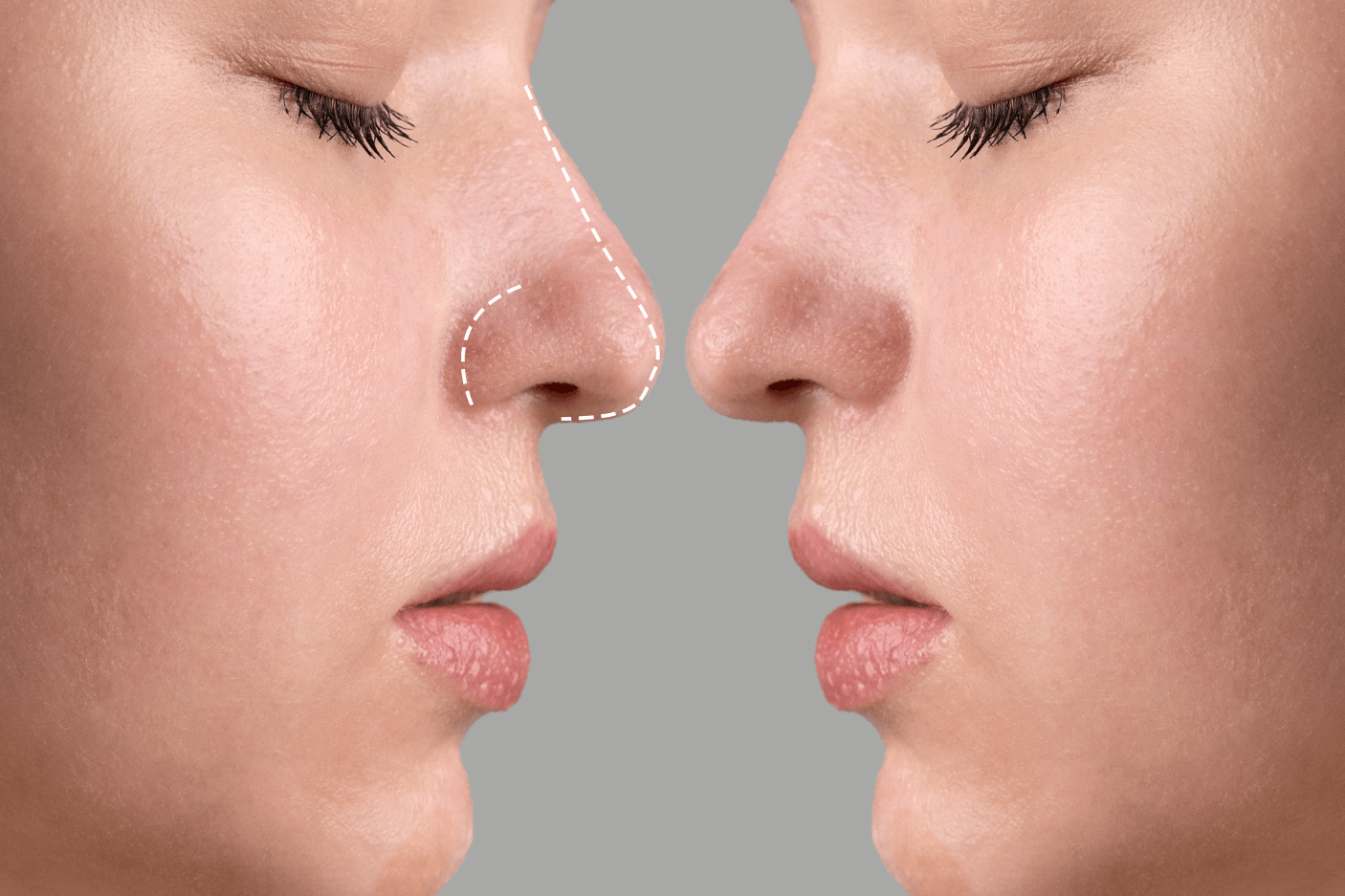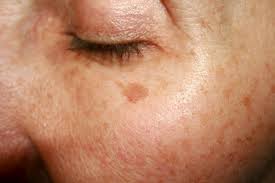 Social Media Content Packs – Stay Active Without Lifting a Finger!
Social Media Content Packs – Stay Active Without Lifting a Finger!
Navigating the Side Effects of Finasteride: What to Expect
Written by Royal Clinic » Updated on: June 17th, 2025

Finasteride is a medication widely used to treat conditions such as male pattern baldness (androgenetic alopecia) and benign prostatic hyperplasia (BPH). While effective, patients need to be aware of potential side effects. This article will explore the common and rare side effects of Finasteride For Hair Loss in Dubai, helping individuals make informed decisions about their treatment.
What is Finasteride?
Finasteride is a 5-alpha reductase inhibitor that works by blocking the enzyme responsible for converting testosterone into dihydrotestosterone (DHT). DHT plays a key role in both hair loss and prostate enlargement. By reducing DHT levels, finasteride can slow hair loss and even promote regrowth in some men. It is typically prescribed at a 1mg dose for hair loss and 5mg for BPH.

Common Side Effects of Finasteride:
Like any medication, finasteride can cause side effects. However, most individuals tolerate it without serious issues. The most common side effects are:
Sexual Dysfunction:
One of the most frequently reported side effects of finasteride involves sexual dysfunction. This can include:
Reduced libido: A decrease in sexual desire is commonly reported by men taking finasteride.
Erectile dysfunction (ED): Difficulty achieving or maintaining an erection may occur in some men.
Reduced semen volume: Some users notice a reduction in the amount of ejaculation during sexual activity.
These side effects can be distressing, and while they may subside after discontinuing the medication, some men experience persistent symptoms.
Breast Tenderness and Enlargement:
Although rare, some men may experience changes in their breast tissue while taking finasteride. This can include:
Tenderness or pain: Sensitivity in the breasts may occur.
Enlarged breasts (gynecomastia): Some men report swelling or enlargement of the breast tissue.
These symptoms may resolve upon discontinuation of the drug, but if they persist, it's essential to consult with a healthcare provider.
Depression and Mood Changes:
Mental health concerns, particularly depression, have been associated with finasteride use. Patients may experience:
Mood swings: Some men report feeling unusually irritable or anxious.
Depression: There is evidence suggesting that finasteride can affect mood in certain individuals.
It is important to monitor mental health while on finasteride and consult a doctor if any negative mood changes occur.
Rare but Serious Side Effects:
Though rare, some individuals may experience more severe side effects that require immediate medical attention.
Allergic Reactions:
Allergic reactions to finasteride are uncommon but can be severe. Symptoms of an allergic reaction include:
Swelling of the lips, tongue, or face
Rash
Itching
Breathing difficulties
If any of these symptoms occur, it's crucial to seek medical attention immediately.
Testicular Pain:
Some users report experiencing pain or discomfort in the testicles. This side effect is not common, but it can be persistent for some men. If testicular pain occurs, it is important to consult a doctor to rule out other potential causes.
Increased Risk of High-Grade Prostate Cancer:
Studies have suggested that while finasteride can lower the risk of developing prostate cancer overall, it may increase the risk of high-grade prostate cancer in some individuals. This is still a debated issue in the medical community, and further research is needed to fully understand the relationship between finasteride and prostate cancer.
Post-Finasteride Syndrome (PFS):
One of the more controversial aspects of finasteride use is the condition known as Post-Finasteride Syndrome (PFS). This term refers to a group of persistent side effects that continue even after stopping the medication. Symptoms of PFS can include:
Ongoing sexual dysfunction (low libido, erectile dysfunction, and reduced semen volume)
Persistent depression or anxiety
Cognitive impairment (brain fog, difficulty concentrating)
While there is ongoing research into PFS, it remains a contentious issue, with many healthcare professionals arguing that the symptoms are not causally linked to finasteride. However, for some individuals, these effects have persisted for months or even years after stopping the medication.
Managing the Side Effects of Finasteride:
If you experience side effects while taking finasteride, it’s important to talk to your doctor about your symptoms. There are several approaches to managing or mitigating these side effects.
Adjusting the Dose:
In some cases, reducing the dose of finasteride may help alleviate side effects. For example, individuals experiencing sexual dysfunction may benefit from a lower dose, which could still provide benefits for hair regrowth while minimizing adverse effects.
Switching Medications:
If side effects are intolerable, your doctor may suggest trying alternative treatments. For hair loss, other medications such as minoxidil or low-level laser therapy may be effective. For BPH, other drugs can address prostate enlargement without the same risk of sexual side effects.
Support for Mental Health:
If you notice changes in your mood or experience symptoms of depression, seeking professional support from a counselor or psychiatrist is a good step. Cognitive behavioral therapy (CBT) or medication for depression may help manage mood changes associated with finasteride.
Should You Be Concerned About Finasteride’s Side Effects?
It’s important to remember that while side effects can occur, they don’t happen in everyone. Most individuals tolerate finasteride well, and the medication can provide significant benefits for hair regrowth and prostate health. However, being informed about the potential side effects can help you make the best decision about whether or not finasteride is right for you.
When to Discontinue Finasteride:
If you experience persistent or troubling side effects that affect your quality of life, it’s important to consult with your doctor. In some cases, stopping the medication may be the best course of action. However, always discuss this with your healthcare provider, as they can guide you through the best approach for managing the side effects.
Conclusion:
Finasteride is an effective treatment for male pattern baldness and benign prostatic hyperplasia. However, it comes with the potential for side effects, including sexual dysfunction, mood changes, and more severe reactions such as allergic responses or testicular pain. Most side effects are temporary and resolve upon discontinuation of the medication, but persistent issues such as Post-Finasteride Syndrome remain a concern for some individuals. If you experience any of the side effects listed, it is crucial to talk to your doctor to determine the best course of action. Ultimately, while finasteride can offer significant benefits, understanding the potential risks and managing side effects effectively is essential for making an informed treatment decision.
Note: IndiBlogHub features both user-submitted and editorial content. We do not verify third-party contributions. Read our Disclaimer and Privacy Policyfor details.
Copyright © 2019-2025 IndiBlogHub.com. All rights reserved. Hosted on DigitalOcean for fast, reliable performance.














